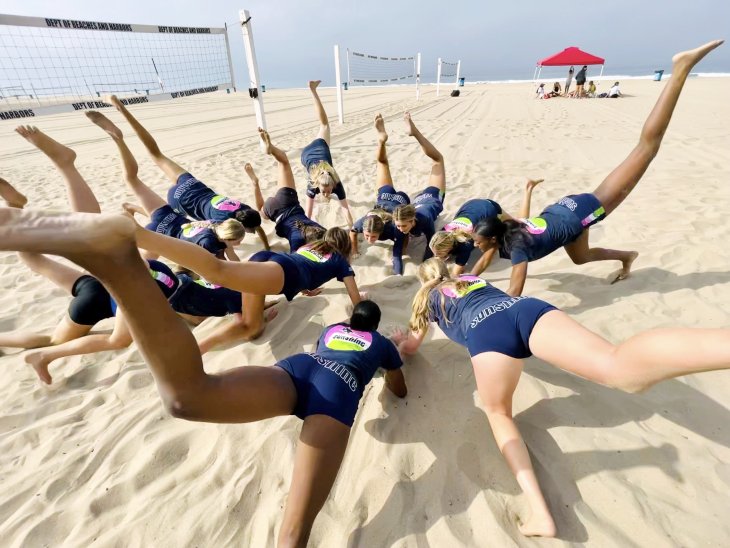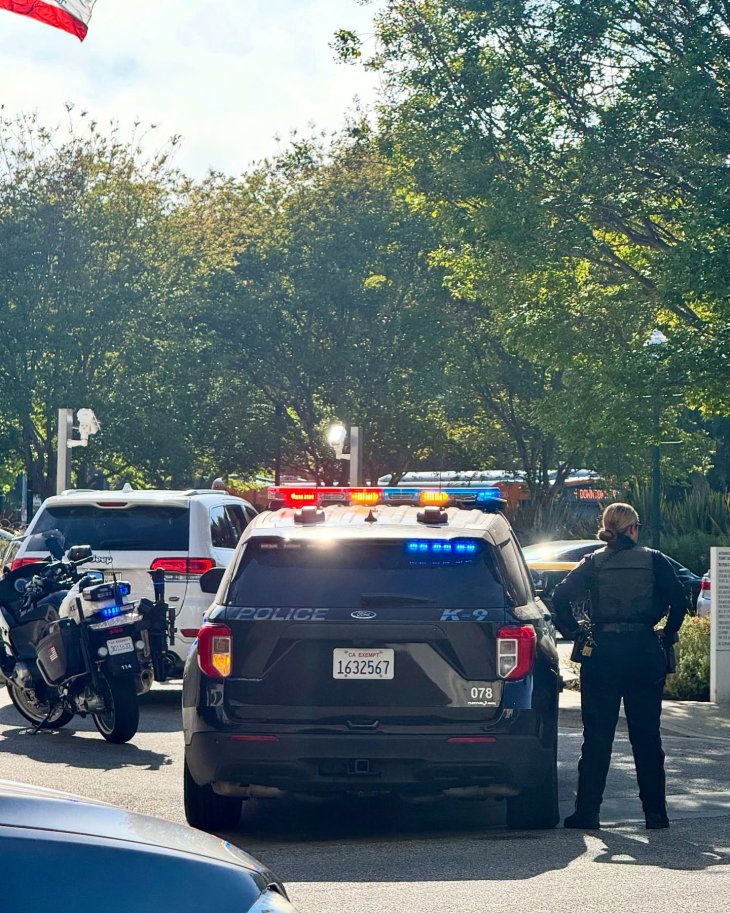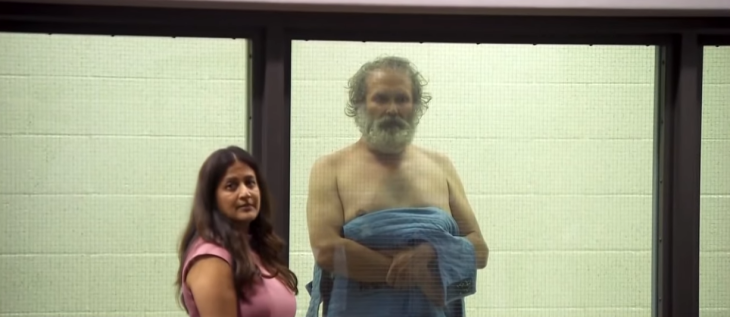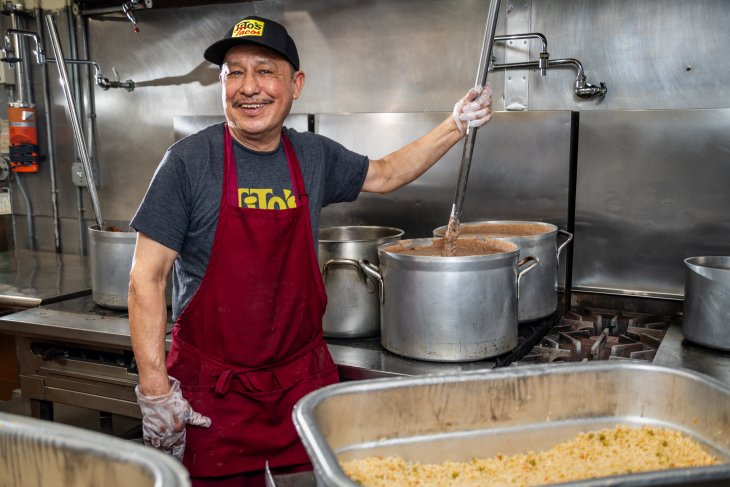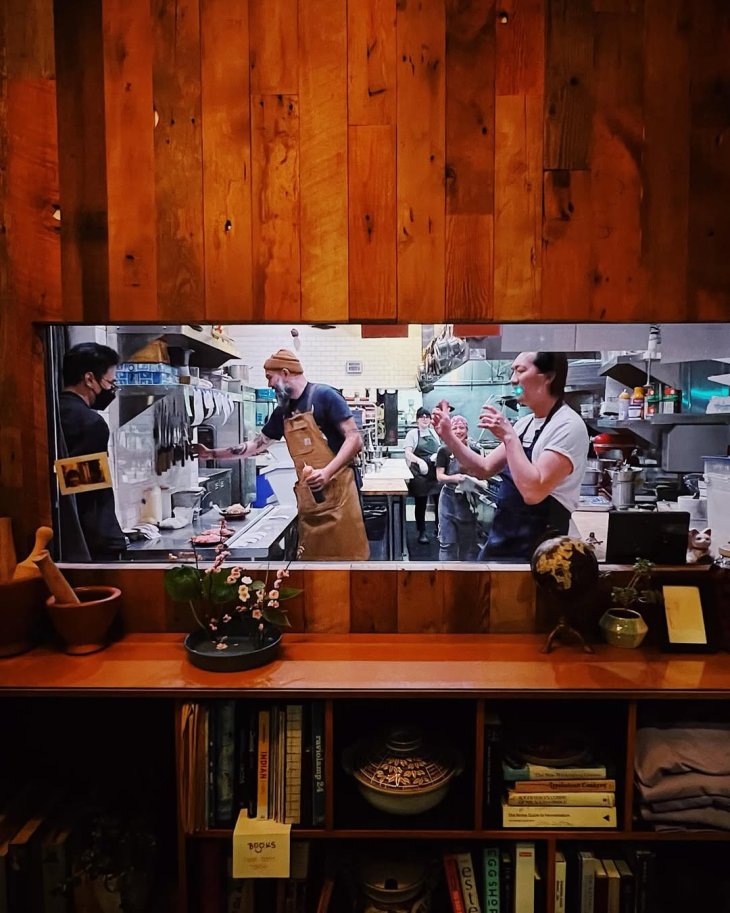A small group of unionized nurses gathered outside Ronald Reagan UCLA Medical Center today saying they want more training and guidelines for handling potential Ebola patients.
The gathering was one of three protests organized by the California Nurses Association and National Nurses United held over two days at University of California medical centers.
Rallies were held Tuesday at UC San Diego and UC San Francisco.
Participants said they want to ensure nurses and others are protected, noting that two nurses who treated an Ebola patient in Dallas wound up contracting the disease.
“It could be any one of us, because there is no guarantee where a patient will walk in,” nurse Lucia Brandt told ABC7.
“We don’t want to have our communities and our families at risk either,” she said.
Last week, the state Department of Public Health announced that the University of California’s five medical centers have been identified as priority hospitals for treating Ebola cases if any arise in the state, noting that they are “far along in their preparation activities.”
Doctors and staff members at Ronald Reagan UCLA Medical Center in Westwood recently took part in an Ebola-preparedness drill to ensure they are properly trained to respond to a case of the potentially deadly virus.
“The safety and health of the patients we serve and all those who care for them is paramount in everything we do,” said Dr. Robert Cherry, chief medical and quality officer for the UCLA Health System. “This includes providing personal protective equipment that meets the latest guidelines, leaving no skin uncovered, and requiring extensive training for how to put on and remove this equipment for those who would care for a possible Ebola patient.”
Cherry noted that a “small group of highly training UCLA nurses, doctors and staff who would be on the front line treating possible Ebola patients have spent a great deal of time and thought preparing for that scenario.”
The union nurses said they want a comprehensive set of guidelines in case for all workers at the hospital.
They noted, however, that they would not back away from treating a patient.
“Every one of us would rise to the occasion,” Brandt told Channel 7. “What we want to do is to not have that risk any more than it already is.”


